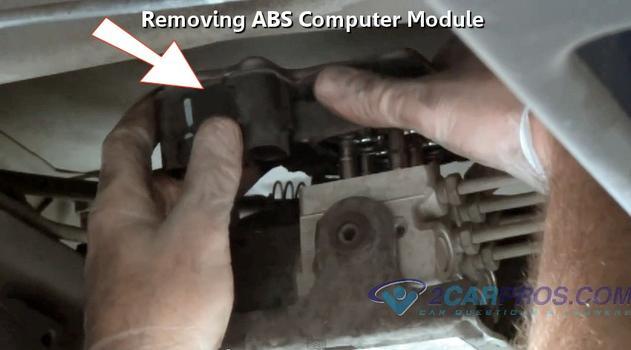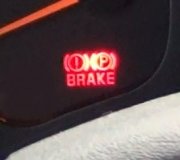You need to be a lot more specific as to the exact parts. Rubber flex hoses commonly dry-rot, then crack the outer casings. That exposes the reinforcing weaving which will deteriorate and lead to a burst hose. Conscientious mechanics who have your best interest at heart inspect those hoses at every opportunity so they get replaced before they leave you with a brake failure. Some mechanics don't bother to do that because they're tired of being accused of trying to sell parts that aren't needed.
As for "replace brakes", imagine if I said my doctor is going to fix my arm. You'd have a pile of questions. Putting a Band-Aid on a cut is hardly the same as clearing up a rash or setting a broken bone. Most do-it-yourselfers just slap on new front brake pads or rear shoes, and call that a brake job. There is a REAL lot more that goes into a professional brake job, and that could include replacing calipers, wheel cylinders, broken mounting or anti-rattle hardware, weak return springs, and things like that. There is a legal minimum thickness drums and rotors can be machined to, and the manufacturers don't give us much to work with anymore. Most shops find it less expensive in the long run to just install new rotors and drums, and forgo the cost of machining old ones.
$440.00 for a brake job is much too high if just the pads or shoes are what will be replaced. If drums, rotors, calipers, and wheel cylinders are included, you may have been handed an estimate that's much more than fair.
If only the rubber flex hoses are to be replaced, $500.00 is too much. If steel lines are rusty, your mechanic may have included those in the estimate. There's no point in making part of the system safe, then leaving on rusty lines that could spring a leak. He may also be worried about getting rusty steel lines loose from the rubber flex hoses. Often those rusty lines snap off and must also be replaced.
Most individual tasks have a specific time allotted, as outlined in a "flat rate" guide that most shops go by, but to replace steel brake lines with original parts is horribly expensive. Instead, we make our own replacement lines from bulk material, or we piece together multiple sections of pre-manufactured lines. That makes the job go a lot faster, but there's so many variables that it's impossible to know how long the whole job will take until it's done. The best we can do is give you a high enough estimate to cover everything that might go wrong, then hand you a lower final bill.
If you think your estimate is out of line, get a second opinion from another shop, but that next mechanic is going to want to do his own inspection first. To just go by the list you were handed, the second shop could give you an artificially lower estimate, then "find" more stuff later. It boils down to knowing exactly what is going to be done so you can compare two estimates for the same work.
SPONSORED LINKS
Saturday, May 13th, 2017 AT 8:15 PM



